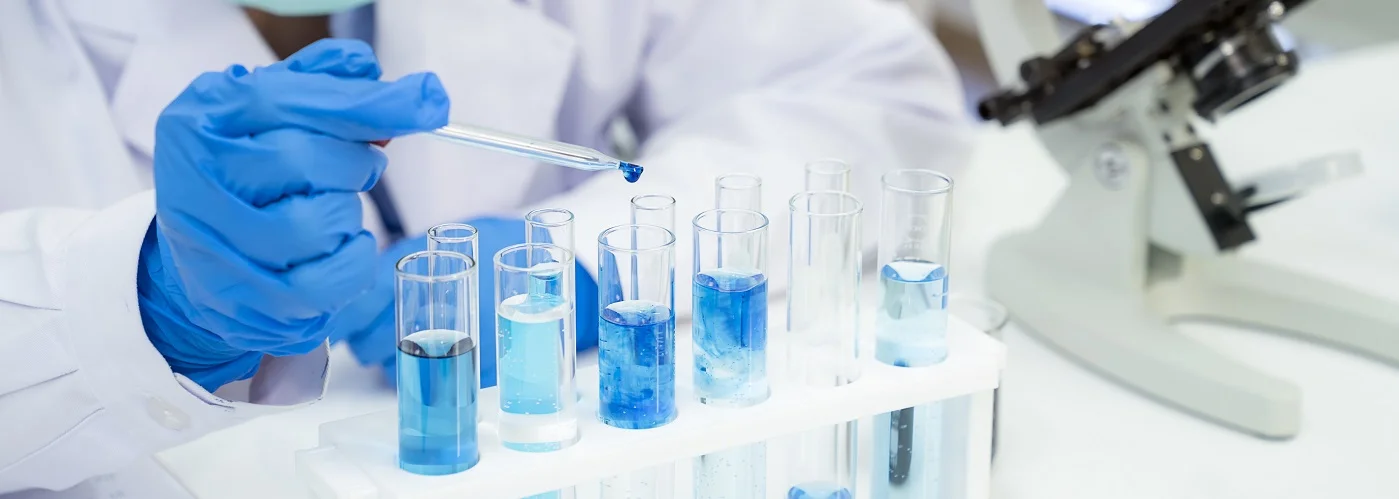
Pathogenic microorganisms like bacteria, viruses, parasites and fungi can cause infectious diseases, in which the diseases can be spread directly or indirectly from one person to another. Sepsis, influenza, tuberculosis, hepatitis are some of the common infectious diseases affecting the worldwide population.
To minimize your risk of infection, you are advised to have good personal hygiene, eg: wash your hands before eating and after using the toilet. Avoid sharing personal items like toothbrush, comb, razor, towel, drinking glasses and dining utensils. In addition, get vaccinated and practice safe sex can also reduce your chance of contracting many diseases.
Signs and symptoms of an infectious diseases depend on the organism causing the infection, but fever and fatigue are the most common signs and symptoms of infectious diseases. In addition, other general signs and symptoms include diarrhea, muscle aches and coughing.
You should seek immediate medical attention if you:
This is a chronic gastrointestinal disorder that affects one's large intestine with a range of symptoms that include:
Small pockets within the intestinal wall lining that tend to form with age are known as Diverticula. If these become infected, this progresses to what is known as diverticulitis and is commonly caused due to the lack of dietary fiber in one's diet.
Symptoms may include:
The two main causes of IBD are Crohn's disease and ulcerative colitis where ulcerative colitis affects the innermost lining of one's large intestine and rectum, causing chronic inflammation and ulcers or sores to develop. Whereas, Crohn's disease tend to include multiple different areas throughout the entire digestive tract, often occurring towards the end of the small bowel (the ileum) or the beginning. This disease can also affect the entire bowel wall where areas that are affected can be interspersed between the healthy sections of the colon.
Symptoms of IBD may be associated with:
Other symptoms of IBD may include:
More commonly known as piles, haemorrhoids are swollen veins in the anal and lower rectal region, typically occurring due to straining one's bowel movements.
Symptoms may be associated with:
This particular disease is due to a reflux of acid on a frequent basis, especially when stomach acid moves up and to the throat due to abnormally relaxed lower esophageal sphincter muscles.
Common GERD symptoms include:
You can alleviate GERD by:
More commonly known as colon or rectal cancer, this disease tends to develop when cells in this particular region begin to rapidly grow out of control.
A majority of these cancers start as small polyps that can be precancerous. Though most patients show no symptoms at this stage (asymptomatic), over time these polyps can become cancerous. Depending on the size and how deep the cancer has grown, the prognosis may vary and early stages tend to not show any symptoms whatsoever.
Take note of these colorectal cancer symptoms:


Wait a minute

Wait a minute